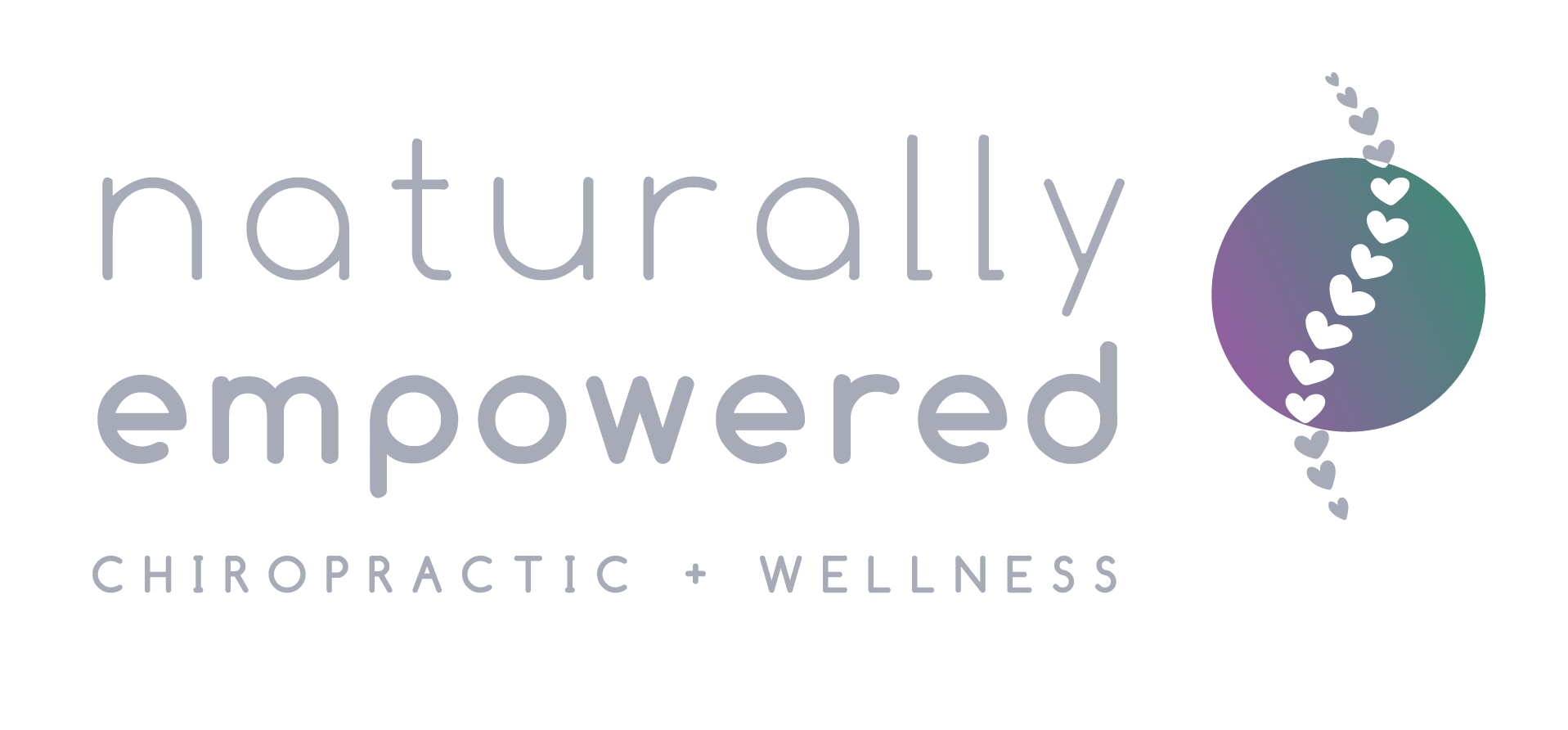Sleep, why it matters and an interesting tip to help you get to sleep faster..
We all know that getting a good nights sleep is really important. I say it to my clients on a regular basis that we use down time or sleep to recover and recuperate. So what happens when your body isn’t getting enough sleep? What are the potential longer term consequences?
Well they’re not all guaranteed, but your risk factors for all of the following go up if you suffer from insomnia
high blood pressure
heart disease
weight gain – yes weight gain!
weight loss – ironically…
increased risk of cancer and diabetes
lower immune system function
constipation and diarrhea
blurred vision
tension headaches
Some of the things we take for granted can also be affected by poor sleep or lack of sleep including:
Inability to Manage Stress – including agitation and overwhelm
Irritability or grumpiness
Poor concentration and focus
Short or long term memory loss
Slower reaction times
Problems with motor skills or operating machinery
Low self esteem
More likely to take uncalculated risks
Increased risk of addictions
Depression
It’s a pretty depressing list isn’t it. Especially if you’re someone who’s looking after yourself in many other ways and the one thing that isn’t sorting itself out is your sleep.
So what can you do to improve your ability to sleep?
Try to stay awake – a small study from the University of Hertfordshire showed that actually trying to stay awake increased your chance of falling asleep when compared to people who tried to fall asleep
Hide your clock
Cool your room – our temperature drops when we sleep, a cooler room supports this
Have a warm shower, before going into your cooler bedroom
Wear socks – a study showed that warm hands and feet were a predictor of being able to fall asleep
Immerse your face in ice cold water – triggers the Mamalian Dive Reflex lowering heart rate and blood pressure, soothing your system
Scent your bedroom with lavender
Listen to classical music for around 45 mins
Avoid watching television or using electronic devices in the hour before bedtime
Try the 4,7,8 method – championed by Dr. Andrew Weil (see below)
“4,7,8” Method
Championed by best-selling author Dr. Andrew Weil—and various wellness bloggers, the “4-7-8” breathing technique is purported to help you fall asleep in under a minute. The method is said to relax you by increasing the amount of oxygen in your blood stream, slowing your heart rate, and releasing more carbon dioxide from the lungs. According to DrWeil.com, here’s how you do it:
Place the tip of your tongue against the ridge of tissue just behind your upper front teeth, and keep it there through the entire exercise.
Exhale completely through your mouth, making a whoosh sound.
Close your mouth and inhale quietly through your nose to a mental count of four.
Hold your breath for a count of seven.
Exhale completely through your mouth, making a whoosh sound to a count of eight.
Repeat the cycle three more times for a total of four breaths.
So I’d love to know what works for you ? Do share below if you have anything else that really works too.
For some people there is so much stress in their body and their life they need more help. If you’ve tried everything above and more, think about getting your Nervous System and Spine evaluated because the answer may lie there…
